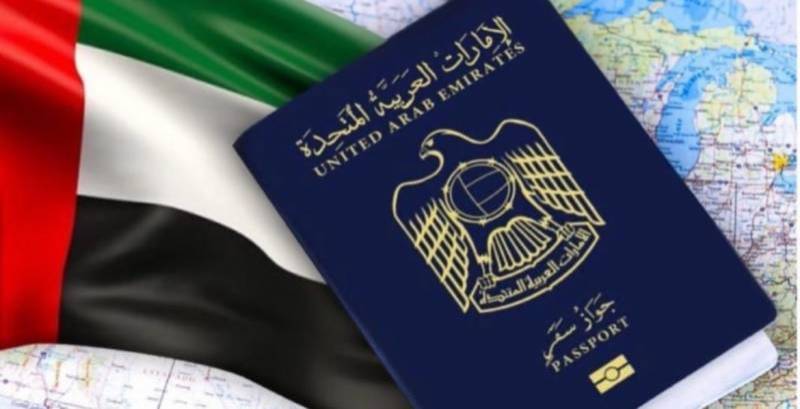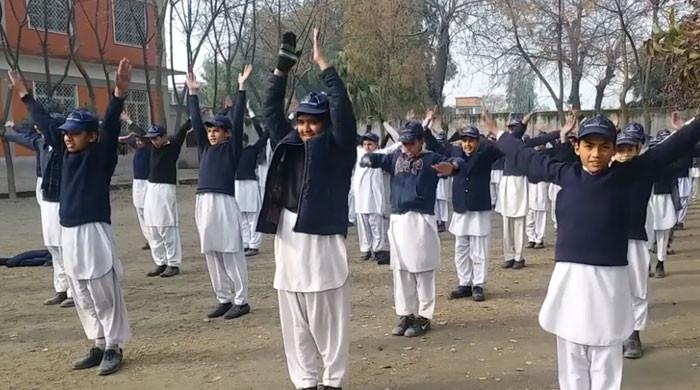THE concept of civilizational debate is an old phenomenon. Civilizational states strive to foster civilizations to promote civilizational values, culture and soft power resulting in the enhancement of their political and diplomatic influence. Samuel P. Huntington in his book “Clash of Civilizations and the Remaking of World Order” comprehensively discussed the Clash of Civilizations theory. The theory introduced an engrossing debate in the academic circle. Huntington believes in the post-Cold War era, culture and civilizations would remain the prime source of conflict among the states. He unearthed the fault lines among the civilizations, prognosticating that these areas would create conflicts.
According to him, eight civilizations exist across the globe known as Western, Slavic-Orthodox, Japanese, Confucian, Latin American, Islamic, Hindu and African civilizations. By reading between the lines the Clash of Civilizations, ostensibly triggers a war between the Western and Eastern civilizations, underpinning the US ideational war against China where the former terms the letter as an authoritarian regime damaging the Western values, violating the human rights and trapping the countries in the debt trap policy under the Belt and Road Initiative BRI.
The 21st century is no longer solely dominated by the West in terms of ideationally and materially. Ideational and material power is shifting from East to West causing consternation for the US which is overwhelmingly embroiled in great power competition with China. Under such delicate circumstances, the reinforcement of Clash of Civilizations would have devastating ramifications for the already polarized world. Overcoming the shortcomings of the Clash of Civilizations requires a thorough understanding. The theory overshadows the role of economy, military and politics and is obsessed mainly with cultural essentialism unleashing misconception and stereotyping about the Eastern and Islamic civilizations.
The prevailing era is an era of economic interdependence, regional connectivity, Artificial intelligence (AI) and Research and Development (R&D), overlooking these domains would prove counterproductive for the West. Propagating the Western Civilization as the protagonist and over-estimation of Western values would embark on a new venture of misunderstanding about the other civilizations. A few queries arise here: Why is it a prerequisite for international politics to counter the Clash of Civilizations and the Western ideational War vis-à-vis the East? What modus operandi does the international system have to promote civilizational ties and plurality?
Presumably, the Global Civilization Initiative (GCI) led by China possesses the potential to erode civilizational conflicts and could start a new trajectory of inclusivity and openness. The GCI, unlike the Clash of Civilizations, cultivates strong cooperation among the people, shared values among humanity and enhanced civilizational ties. Beijing tries to consolidate empathy among civilizations, fairness, harmony and win-win collaboration and opposing external expansion and plundering. International politics, presently, is engulfed by populism, political polarization, xenophobia and ultra-nationalism causing a great deal of hatred and ideological confrontation. Against this backdrop, GCI could play a catalyzing role in advocating peace and tranquillity.
The Chinese President Jinping maintains “A single flower does not make spring, while one hundred flowers in full blossom bring spring to the garden.” The said adage reflects China’s national revitalization, tolerance, coexistence, openness and mutual learning. Lifting 800 million people out of poverty is a great milestone for China and demonstrates its capability to the West that Beijing is the real defender of humanity. Beijing under GCI has been supporting and sharing experiences with the least developed countries in poverty alleviation. The African Continent under GCI has been getting ample economic dividends. China possesses more embassies in the African Continent than Washington and invested more than the latter in this part of the world.
Where does Pakistan stand in the civilizational debate? Pakistan can draw some instructive lessons from GCI by promoting its civilizations. Both China and Pakistan are civilizational countries having overlapping convergences in national interests in regional politics and can benefit immensely by consolidating their civilizational ties under GCI. Bear in mind, in the contemporary world Pakistan is the only state at a time is having two ancient civilizations like Gandhara Civilization and the Indus Valley Civilization. Gandhara Civilization, most importantly, is the birthplace of the Buddhist religion. The Buddhist religion is followed in more than 29 countries across the globe. More than 245 million Buddhists are in China alone. Inviting the Buddhist worshipers to the land of pure would be a turning point for the country in terms of stimulating the economy, cultural values and soft power.
Advocating civilizational ties between China and Pakistan would further cement the ties between the Iron Brothers. Islamabad remained unsuccessful with a projection of its ancient civilizations due to political instability, exacerbating economy, strained relations with neighbouring countries, excessive use of hard power and non-utilization of soft power, growing radicalization, poor governance and mismanagement of the tourism sector. Pakistan can learn significantly from China in the development of its civilization, diversity, plurality and people-to-people exchanges under GCI.
To conclude, the Clash of Civilizations is theorized to trigger, civilizational conflicts, under-estimation of non-Western values, polarization and xenophobia. On the contrary, GCI is extremely likely to promote civilizational ties, plurality and openness and discourage imposing ideologies or values on others.
—The writer a lecturer at the International Relations IR Department at the University of Balochistan, Quetta.
Email: [email protected]
views expressed are writer’s own.






